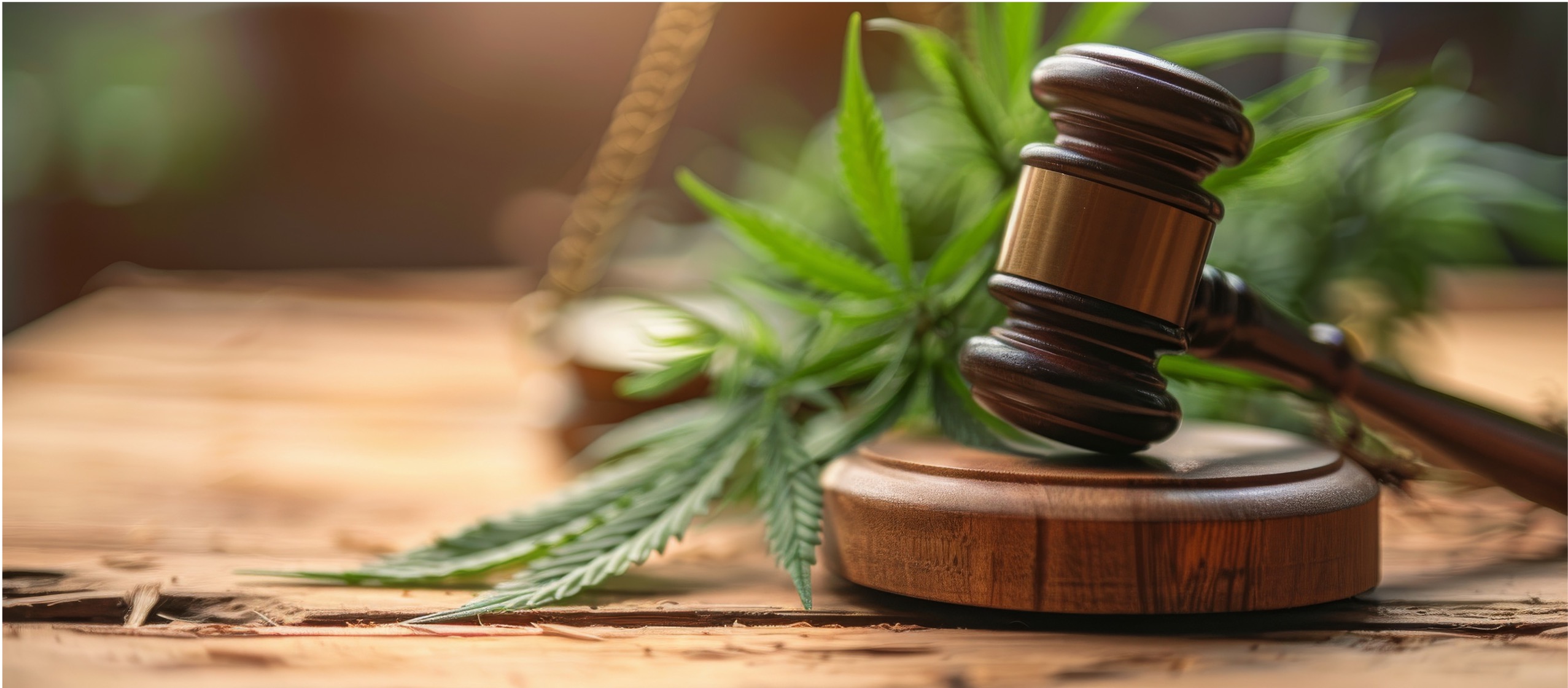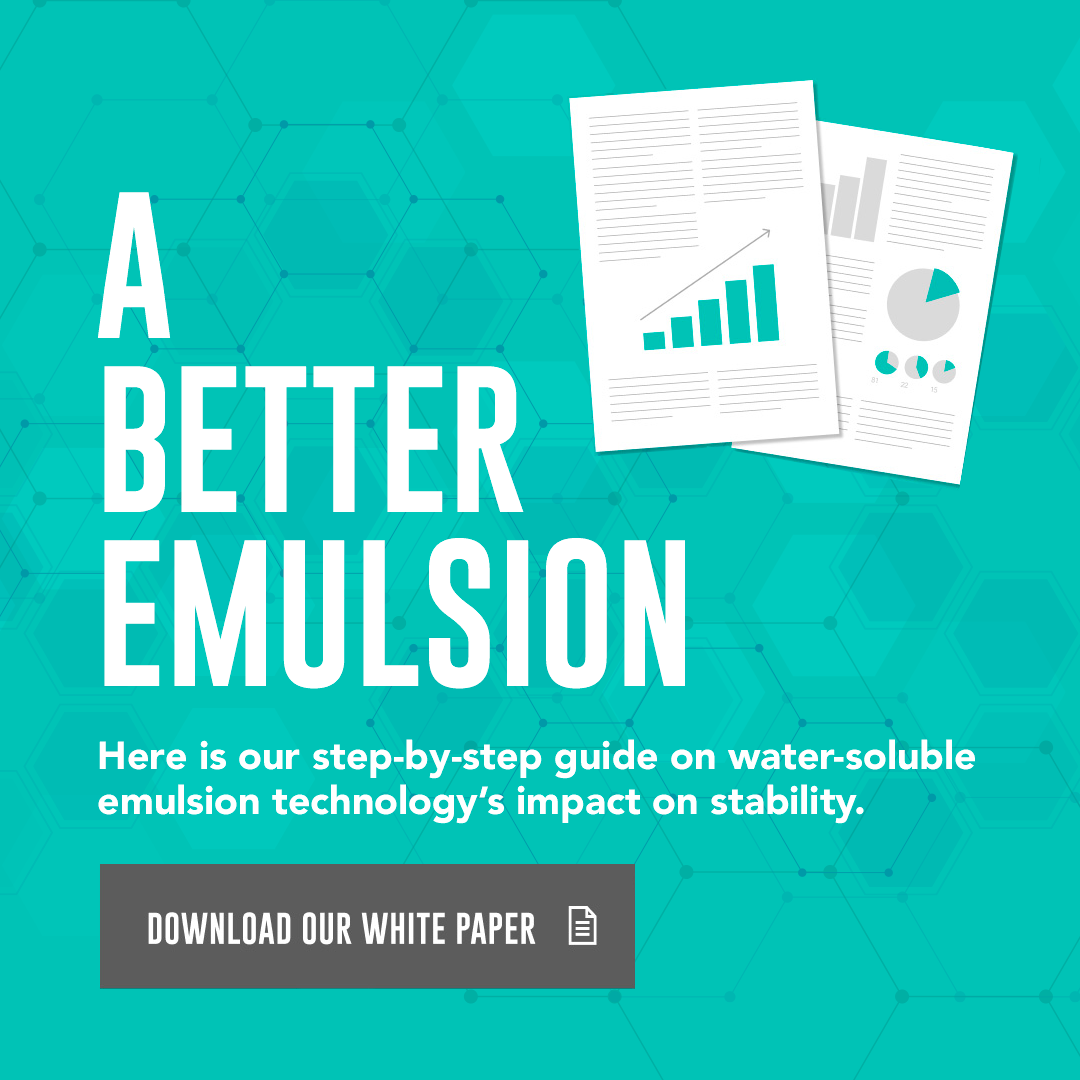The landscape of the hemp-derived D9 THC beverage market is rapidly evolving. With swift growth and increased consumer demand, the need to secure mainstream retail placements has never been more critical. However, the burgeoning market also faces potential setbacks that could undermine its progress.
Here’s what could be considered to ensure our success and the integrity of the hemp D9 space.
The Current Hemp-Derived Beverages Status and Rapid Expansion
The hemp-derived beverage sector is increasing, fueled by consumer interest in adult beverage alternatives, wellness, and recreational innovations. Products like THC beverages and other ingestibles are driving this trend. These beverages, powered by THC derived from hemp, are entering mainstream markets including visible placements with retailers like Total Wine & More and Spec’s. As visibility and accessibility continue to increase, social acceptance and consumer demand also increases – and fast!
This rise highlights cannabis’s growing legal acceptance, which the supposed rescheduling of the plant will further fuel.
Despite the opportunities, several challenges continue to exist; we’re building the plane as we’re flying it and doing it with a bigger and more vocal audience than ever. As a category, we need to do more than just “self-regulate” – we need to define the regulations and prove that we are applying food & beverage quality and safety standards that put the consumer first.
Potential Roadblocks in the Cannabis Beverage Industry
Low-dose cannabis beverages target a more mainstream demographic, so in many ways, these products are in the midst of their “first impression” – and they will only have one shot to do it right.
- Regulatory Risks: The actions of one bad actor could significantly damage the reputation of the entire infused beverage category. Integrity is particularly critical in products like intoxicating hemp and marijuana-derived THC beverages, where THC per serving must adhere to strict quality and safety standards to avoid regulatory issues and maintain public trust.
- Quality Control: Issues such as product testing for under or over-potency and stability problems are significant concerns within the industry. Consistency from product-to-product market-to-market is crucial, particularly when you are dealing with an intoxicating ingredient. Consumers expect the same experience from the same dosage (leaving variance for when their tolerance increases) – any inconsistency could turn off consumers because we’re new here and haven’t earned the consumers’ trust (yet).
- Distributors and retailers should also request documentation – chain of custody, testing, and historical data- to verify consistency. This will only continue to grow in importance as the category approaches regulation by the TTB, which oversees alcohol.
- Manufacturing Diligence: Cutting corners in the production of beverages sold with total THC derived from hemp can lead to significant quality issues. To ensure the integrity of these products, strict adherence to Good Manufacturing Practices (GMP) and Generally Recognized as Safe (GRAS) standards is crucial. This rigorous approach helps safeguard the quality of every beverage sold, ensuring it meets the highest safety and quality benchmarks.
- Higher Dose Products Introduced Prematurely to a Mainstream Audience:
Introducing higher-potency products (over 10 mg per serving) into mainstream retail channels without adequate oversight or consumer education at this stage of the industry can lead to negative experiences for the consumer. While these products may be manufactured responsibly, the safety issue lies in where this product may be sold and the lack of education the consumers may have available to them when purchasing these products.
Growing the category responsibly means also allowing the mainstream audience to get more familiar with THC beverages so they can learn their tolerance and identify the products/dosage they want, which will dictate where they shop and purchase their product. There is a growing need to focus on low-dose THC products, ideally around 10mg per single-use unit and 100mg for multi-serving options (promoting 10mg serving sizes or less), to ensure safer consumption and regulatory compliance. We are also seeing more states implement caps for dosage that can be sold outside of the dispensary channels.
Given the high barriers to entry, particularly in beverage manufacturing, we are positioned better than other sectors, but vigilance is non-negotiable.
To navigate these challenges, we must prioritize consumer safety, compliance, and transparency through documentation.
Key Focus Areas for THC & Cannabinoid Beverage Professionals
How do you make the THC beverage category more approachable now that it is more accessible? Education and documentation.
SoRSE’s Chief Science Officer, Scott Riefler, often quotes Deming, a pioneer in quality control –
“In God we trust; all others bring data.”
As a category, infused beverages must prove we are following food & beverage industry best practices, even where it might not be required. Why? Because consumer safety is always #1. However, if brands and service providers want to be around in the future when this category is regulated by the FDA (Food & Drug Administration) or TTB (Tax & Trade Bureau), this is what will be required. Many brands are already going well beyond what is required by these regulatory bodies because they have to earn the trust of partners that are helping them break down barriers, such as on-premise consumption and licensing opportunities.
- Transparency and Documentation: Suppliers must be completely transparent about the processes and ingredients used in the manufacturing and sourcing of their raw ingredients, which must be documented through third-party testing. Producers must also test the final products for all of those ingredients listed in the documentation to make sure the beverage is safe for the consumer. Transparency ensures adherence to potency requirements and compliance with regulations such as the 2018 Farm Bill and relevant state laws.
- Chain of Custody: Careful tracking of the journey from raw materials to finished cannabis beverages (for all cannabinoids) is vital for maintaining accountability and safeguarding quality.
- Thorough Third-Party Lab Testing: Raw materials and final products must be rigorously examined for contaminants, consistency, and accurate potency levels. This procedure should be integral, not merely supplementary. Such testing plays a crucial role in uncovering any exploitation of legal loopholes, such as using Delta 8 instead of Delta 9. By focusing on this step, we ensure the product remains uncompromised by heavy metals or other contaminants.
- Partnerships with Credible Manufacturers: As stated above, collaborating with manufacturers that consistently uphold Good Manufacturing Practices (GMP) and Generally Recognized as Safe (GRAS) standards is essential. Such partnerships ensure the production of reliable and safe infused products, reinforcing trust and compliance in the industry.
- Specifically for Converted Hemp D9 THC Ingredients:
- Purity Testing: This is particularly important for products containing converted hemp D9 THC (converted from CBD), because there may be unidentified byproducts remaining in the active ingredient. Purity testing will confirm or disprove quality claims, but also help producers ensure their final product meets all safety standards. The Cannabis Beverage Association is currently developing a Code of Conduct that will outline more detail on how brands can ensure consumer safety across markets.
- Transparency from Suppliers: Insist on complete transparency regarding the conversion process and regular documentation updates.
A lack of transparency in sharing these details should be a warning signal!
Setting the Standard for Hemp-Derived Products: SōRSE’s Commitment to Enduring Excellence
In the rapidly evolving hemp industry, aligning with established beverage professionals is paramount. We must earn the trust of both skeptical audiences and regulatory bodies by prioritizing safety, quality, and consumer satisfaction.
Our objective extends beyond making a stellar first impression; it’s about positioning ourselves for a future where hemp-infused beverages containing cannabinoids from hemp, such as THC and CBD, are standardized and regulated, akin to traditional food and beverage categories. To put our best foot forward, we need to present ourselves like other beverage professionals, and frankly, we need to go above and beyond other beverage categories, including alcohol, because of the skepticism still present due to the lack of regulations.
In order to create a level of comfort and build trust with our alcohol partners, we need to almost overcorrect by providing thorough information and proving that we’re ready for TTB and FDA regulation and are taking a responsible approach that puts the consumer first.
Brands, service providers, etc., that aren’t prepared with the following are not going to be around when this industry is regulated by the FDA and TTB:
-
- documentation
- food & beverage manufacturing certifications
- purity and 3rd party testing
- transparency;
They will, in turn, have a short shelf-life (pun intended) because our industry is pushing for standards to grow the infused beverage category responsibly and safely. Those who invest in robust processes and embrace transparency will secure a spot on the market shelves and forge a lasting legacy.
As we shape the landscape of this burgeoning industry, let’s uphold stringent standards that impress and reassure everyone involved—consumers, retailers, and regulators—about the integrity of the hemp Delta-9 beverages we bring to market. Together, we can ensure a positive initial encounter that sets the stage for enduring prosperity.
Partner with SōRSE to lead the infused beverage industry. Our commitment to excellence and compliance ensures we can build a trustworthy and lasting market together.






